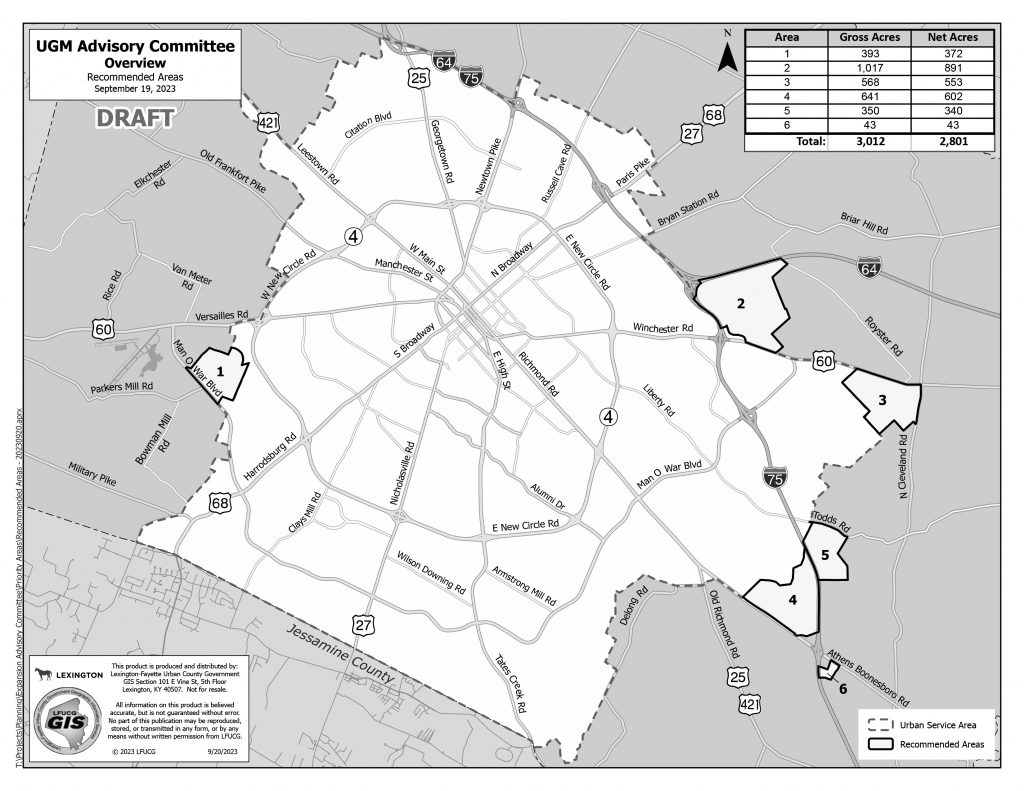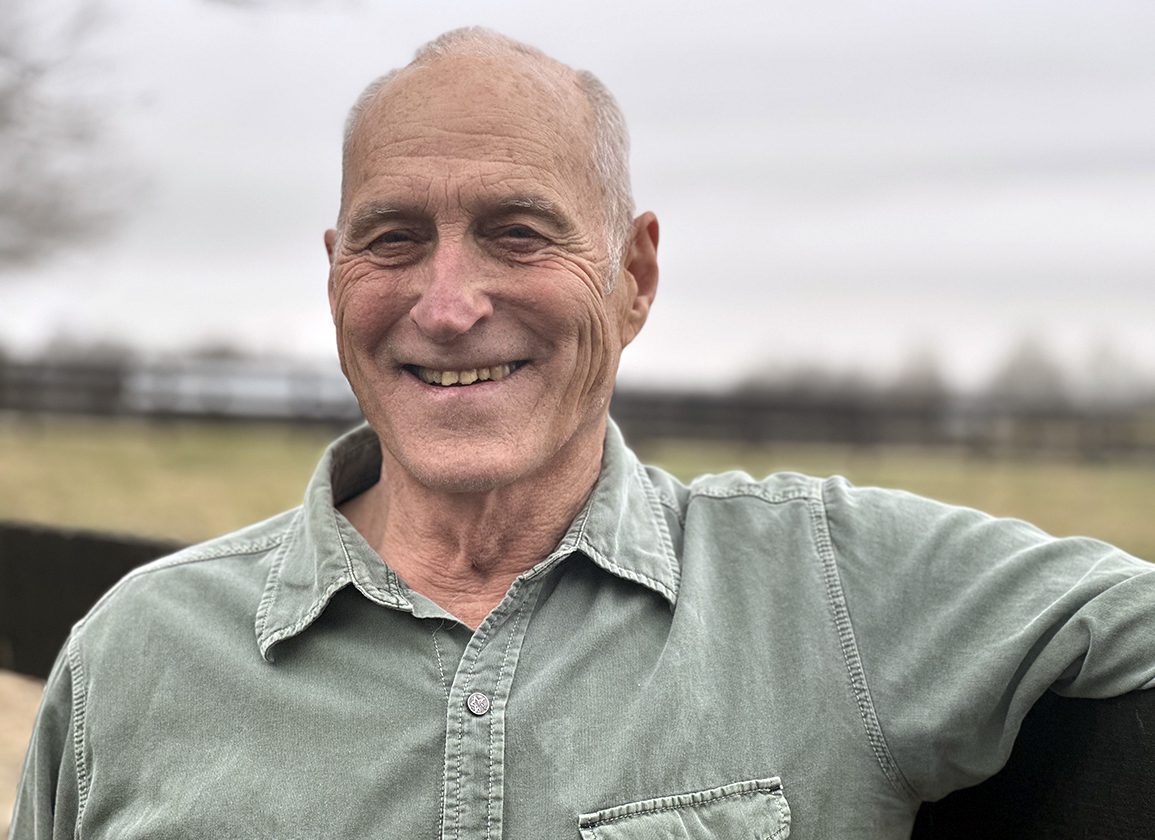By Don Robinson
Horses are at the heart of what makes Lexington, Kentucky unique. It is the unparalleled quality of our soils that makes Lexington the world's center of the equine industry.
The equine industry has been an important part of Lexington for over 200 years, with some of the first known racetracks in the region dating back to the late 1700s. Over the past two centuries, Lexington has proudly become the Horse Capital of the World, serving as home to some of the industry's biggest icons.
Numerous thoroughbred champions, like Man o' War, Citation, Seattle Slew, Zenyatta and American Pharoah, to name just a few, have been bred and raised in Fayette County. World-class farms like Calumet, Gainesway, Godolphin, and Spendthrift operate here. Some of the industry's most storied institutions–Keeneland, the Red Mile, Fasig-Tipton, and the Kentucky Horse Park–are here, and draw substantial numbers of visitors to our region each year. Global sporting events like the FEI World Equestrian Games and the Breeders' Cup have been hosted here. A study of the November 2022 Breeders' Cup at Keeneland found that the event had an $81 million impact on Fayette County.
Horses and Lexington are inextricably linked. The equine industry is a core part of our region's economy, history, and identity. The land on which we raise our horses is the foundation of the industry.
According to the Kentucky Thoroughbred Association, the equine industry is responsible for $6.5 billion in economic activity and a total of 60,494 jobs in the state of Kentucky. Much of that activity is centered in Lexington-Fayette County. Keeneland alone has a reported economic impact on Fayette County of nearly $600 million dollars annually, according to a University of Kentucky study conducted in 2015.
Now consider this: what would happen if horse farms ceased to exist in Lexington-Fayette County because of urban sprawl? What would happen to our region if the equine industry left town, and instead our land was used for subdivisions and shopping centers?
Lexington is currently engaged in a critical land-use debate, the outcome of which could very well threaten the cornerstone of our economy and identity. The soils that support our industry are at risk.

The existing Urban Service Boundary Map with proposed expanded development zones labeled 1-5 | courtesy Fayette Alliance
The Lexington Fayette County Urban Council voted in June to expand the Urban Service Boundary (USB) by between 2,700 and 5,000 acres. The Council decision was made without any data justifying an expansion and was a rejection of the recommendations of the Planning Commission and Planning Staff. A committee was hastily organized and tasked with identifying specific areas of land that should be included in this expansion. The committee was given just seven weeks to complete this task; seven weeks to make a recommendation that will undoubtedly result in permanent land-use changes for Lexington-Fayette County.
Most of the land that the committee identified for USB expansion is prime farmland.
The committee held a public hearing in which many members of our community objected to the USB expansion and the development of our productive farmland.
If our city continues to move forward with the current plans for expansion, Lexington will be changed irreversibly. Once our farmland has been developed, it is lost forever. We risk the vitality of our urban core which has so recently been reinvented because of infill and redevelopment. If we pursue reckless expansion, we will abandon our history of innovative land use planning, which has been developed over the nearly 70 years since the adoption of the Urban Service Boundary in 1958.
I urge members of our community–and of our industry–to stand up for our economy, our identity, and for our farmland. Call on the Planning Commission and the City to approach any expansion of the USB with the utmost prudence and care, recognizing the value of Lexington-Fayette County's farms. You can do this by sharing your thoughts via email, sent to imagine@lexingtonky.gov.
Lexington can find better ways to accommodate economic growth without sacrificing our farms. We must ensure they hear from our industry in order to do so.
Don Robinson
Winter Quarter Farm
Co-Chair, Fayette Alliance
Not a subscriber? Click here to sign up for the daily PDF or alerts.






